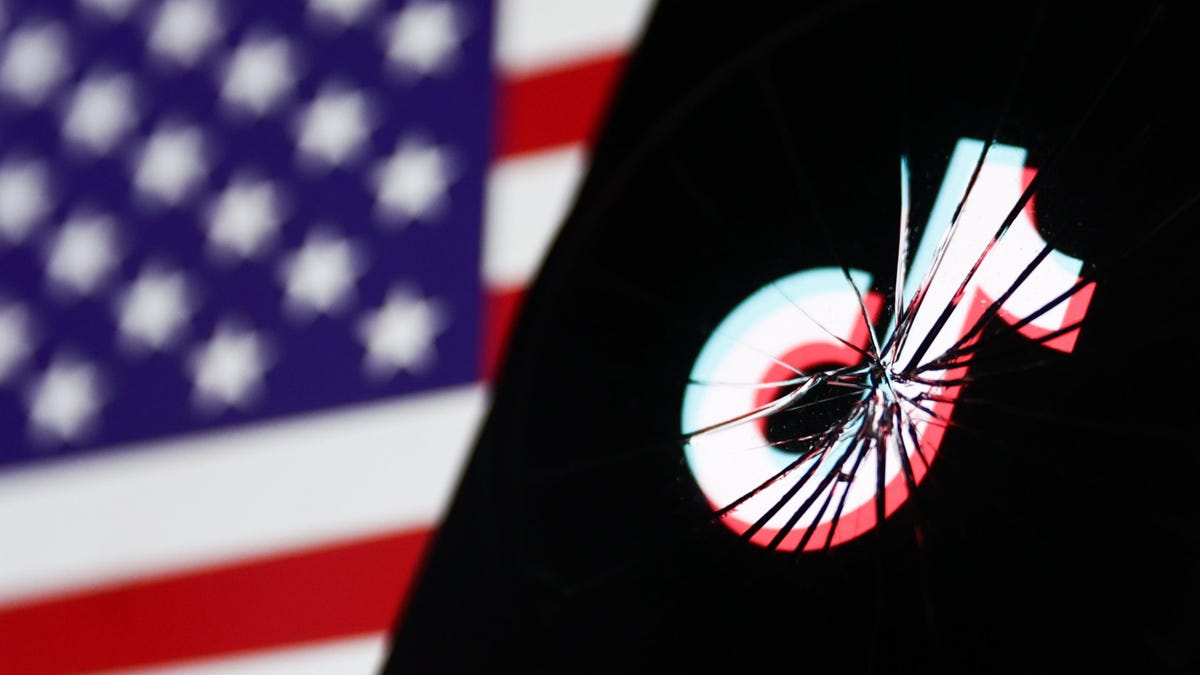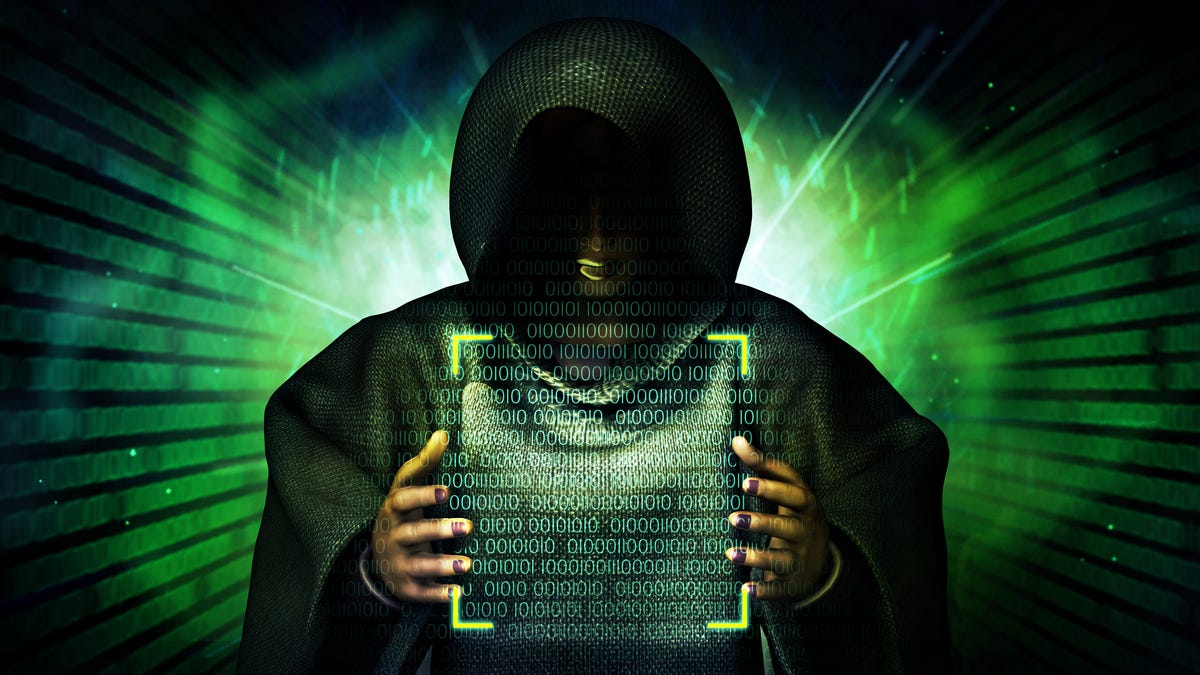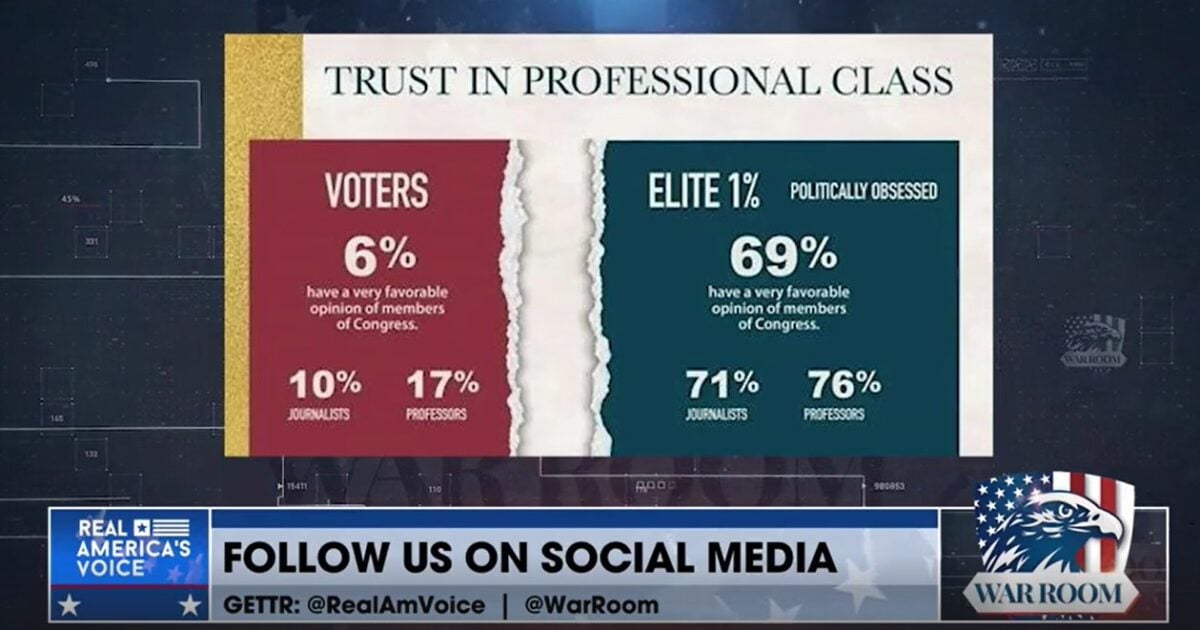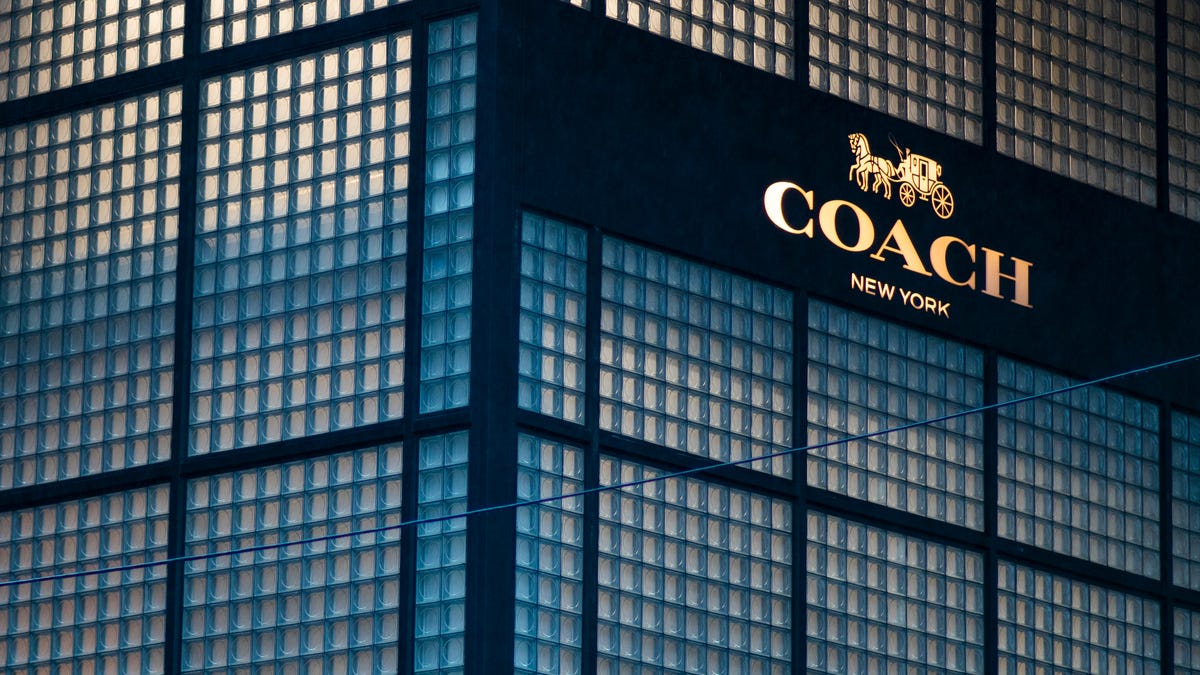TikTok Responds Against U.S. Government Legislation
Recently, TikTok and its parent company, Bytedance, have taken a strong stance against a new law proposed by the U.S. government that threatens to shut down the popular social video platform. This legal battle has escalated into a lawsuit where TikTok claims that the legislation impinges on the First Amendment. The crux of the matter lies in the law’s mandate for TikTok to be divested, a demand that the company deems unfeasible from a commercial, technological, and legal standpoint.
Lawsuit Filing and Implications
In their official petition to the U.S. Court of Appeals for the District of Columbia Circuit, TikTok unequivocally states that the enactment of this law would lead to the platform’s cessation by January 19, 2025. This action, in turn, would silence the 170 million Americans who utilize TikTok as a unique medium for communication that cannot be replicated elsewhere.
Legislation Details and Industry Ramifications
The legislation in question, known as the Protecting Americans from Foreign Adversary Controlled Applications Act, specifically targets TikTok by categorizing it as a “foreign adversary controlled application.” This classification has placed TikTok under immense pressure, as the company now has 270 days from the bill’s signing to either sell the app to a U.S.-based entity or face forced shutdown.
While the prospect of TikTok changing ownership looms, the company has made it clear that the app is not up for sale. Despite reported interest from potential buyers, TikTok remains steadfast in its stance against divestiture.
Broader Legal Implications
Legal experts have raised concerns about the far-reaching effects of this legislation, as its ambiguous language could potentially impact other applications beyond TikTok. Evan Brown, a tech-focused lawyer based in Chicago, highlighted the expansive interpretative scope of the law, suggesting that even apps with remote foreign ties could fall under its purview. The law grants the President unchecked authority to designate additional apps for potential restrictions.
As the legal battle unfolds, the tech industry watches closely, recognizing that the outcome of this dispute may set a precedent for governmental intervention in the digital sphere. The implications of this legislation extend beyond TikTok and Bytedance, raising questions about the boundaries of governmental oversight in the realm of technology and social media.
Image/Photo credit: source url





